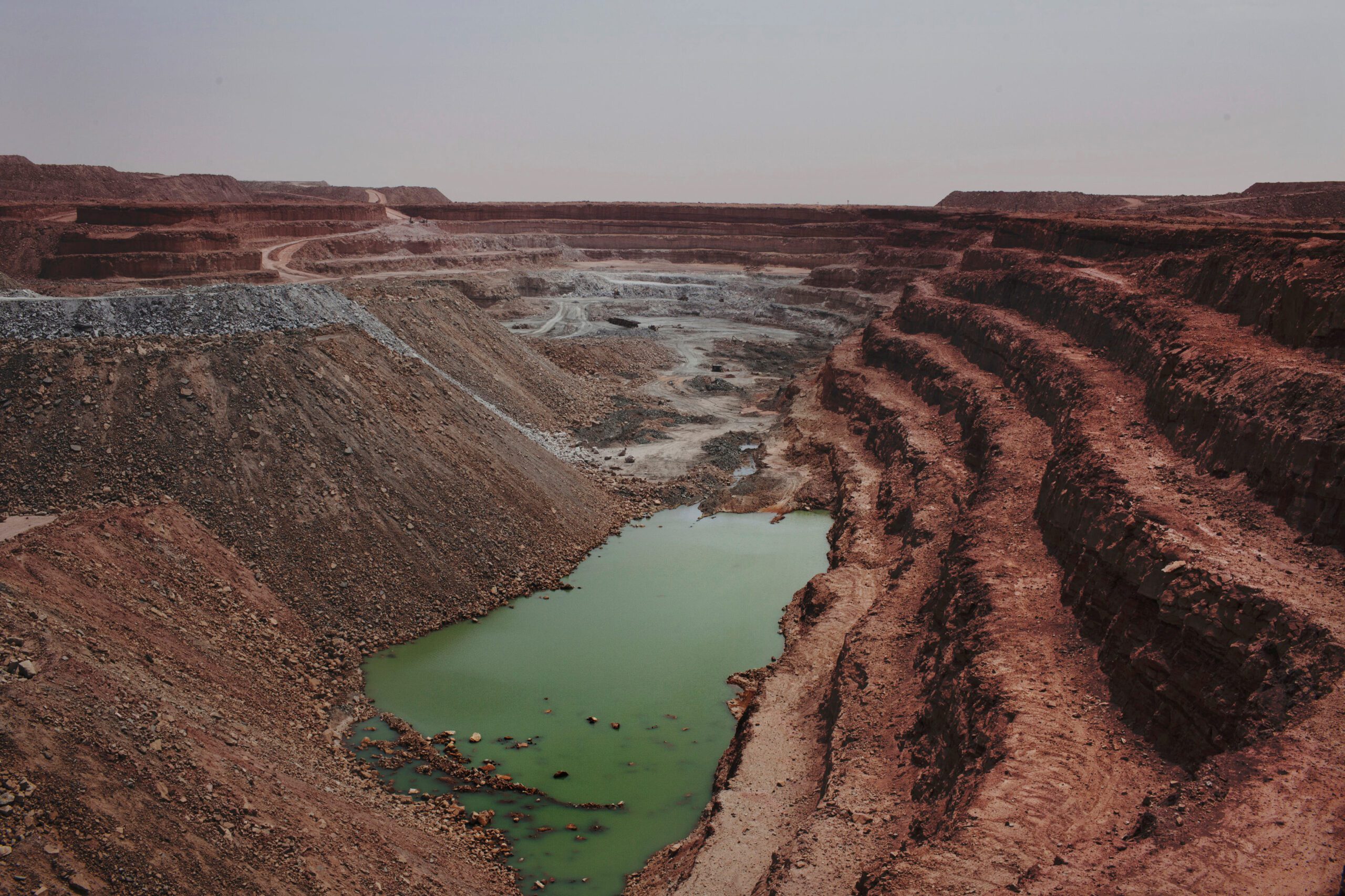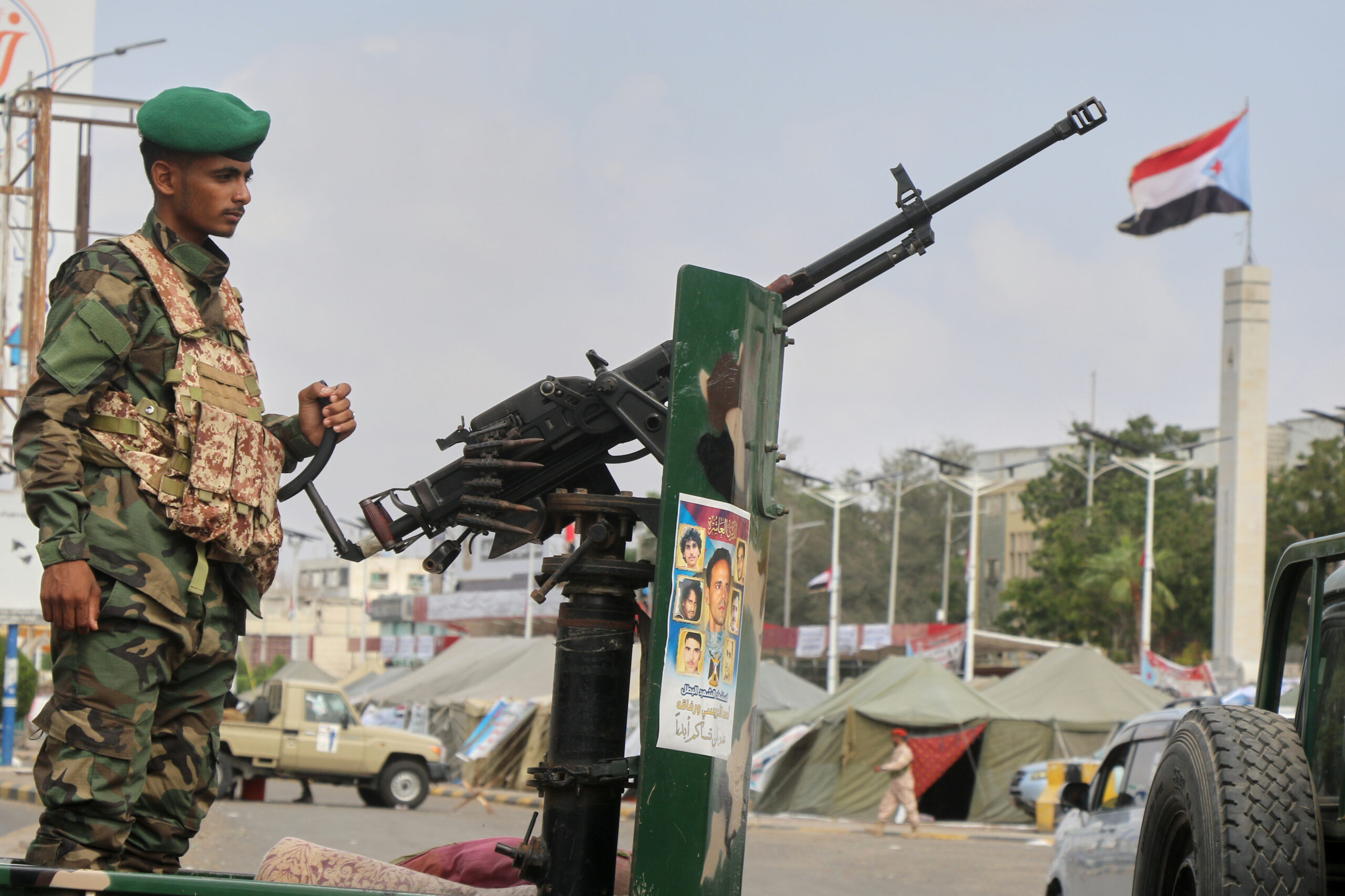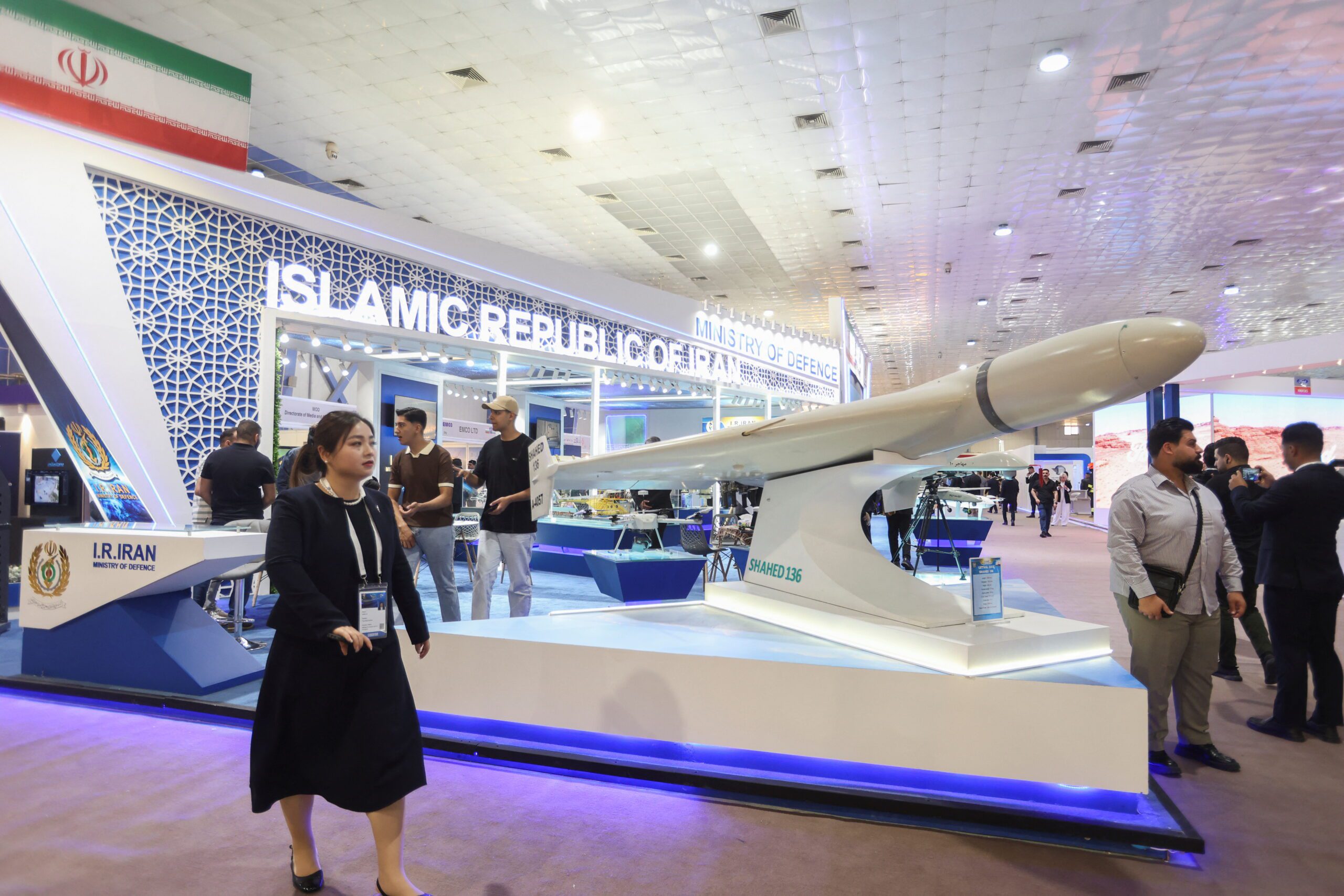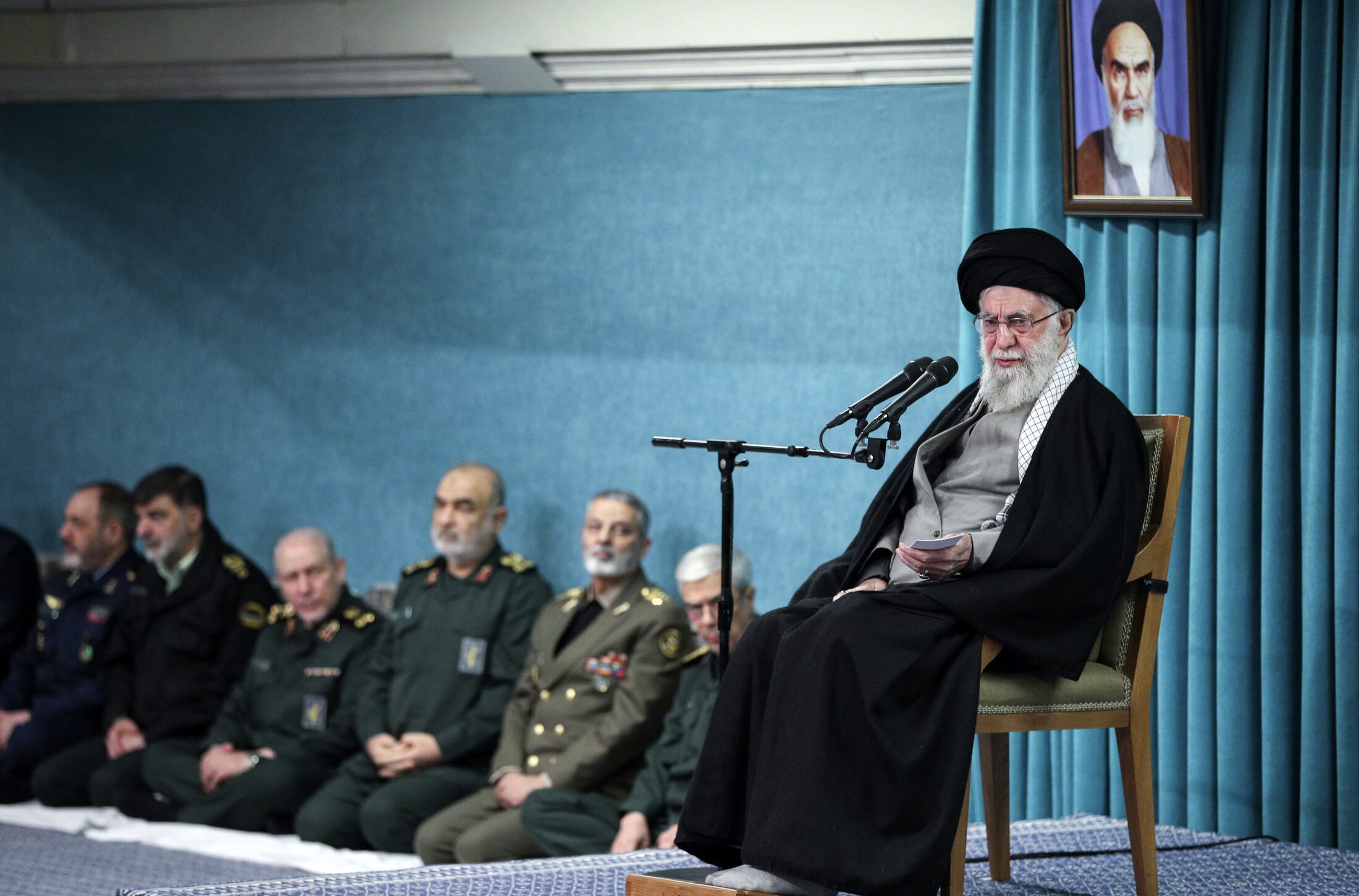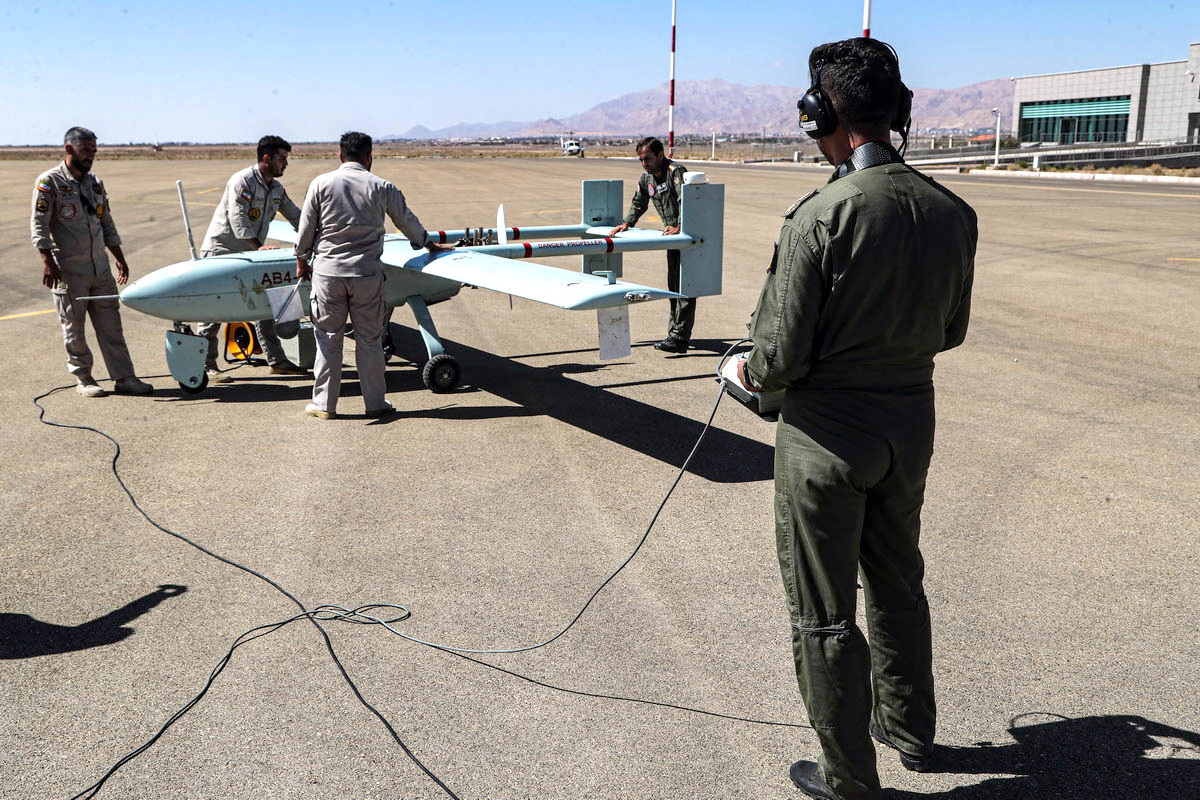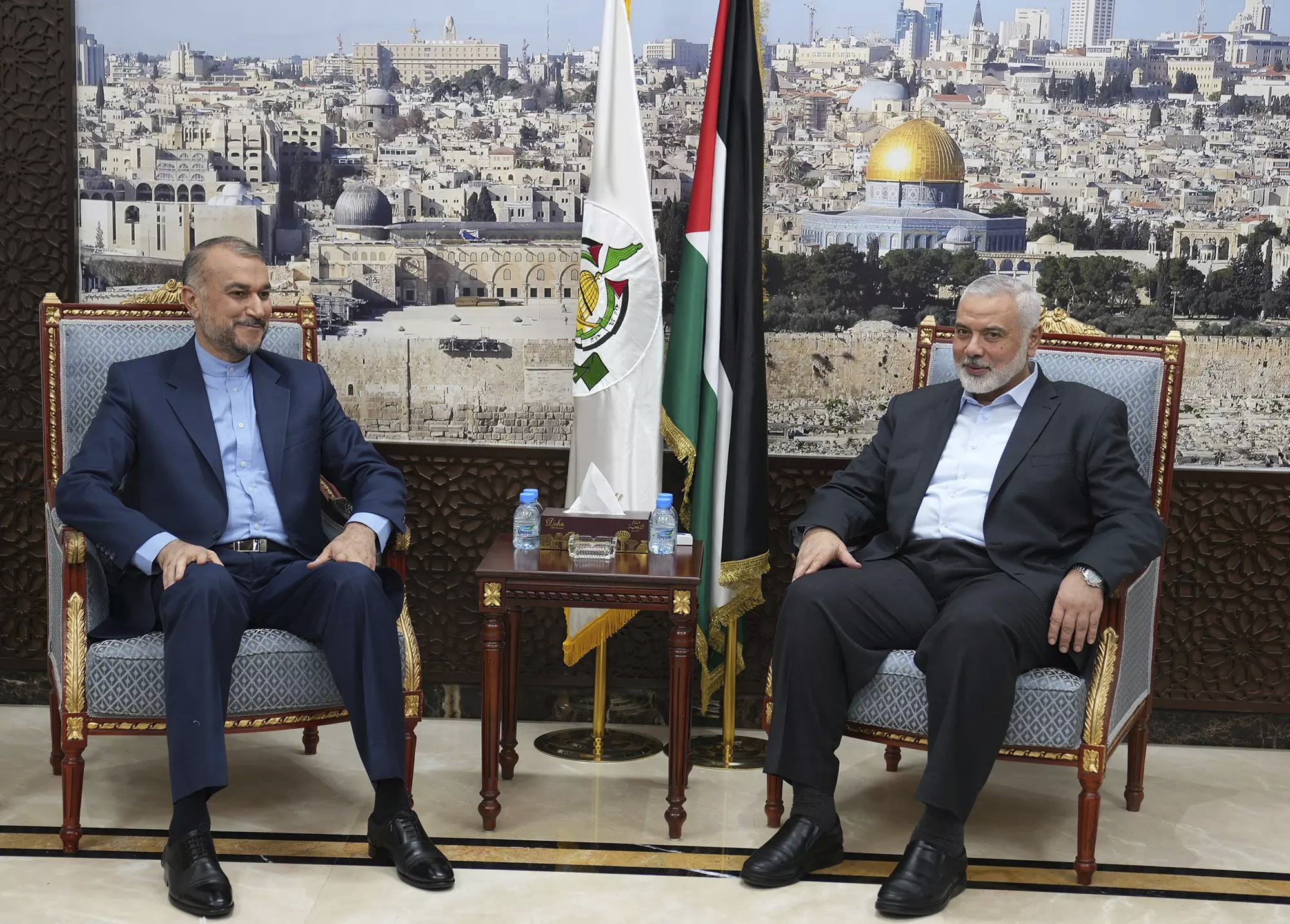Iranian-Saudi Deal Highlights Khamenei’s Control Over Tehran’s Foreign Policy
The role of Admiral Ali Shamkhani, the secretary of Iran’s Supreme National Security Council, in the Iranian-Saudi talks is a strong indication of the supreme leader’s direct influence over Iran’s foreign policy decision making.
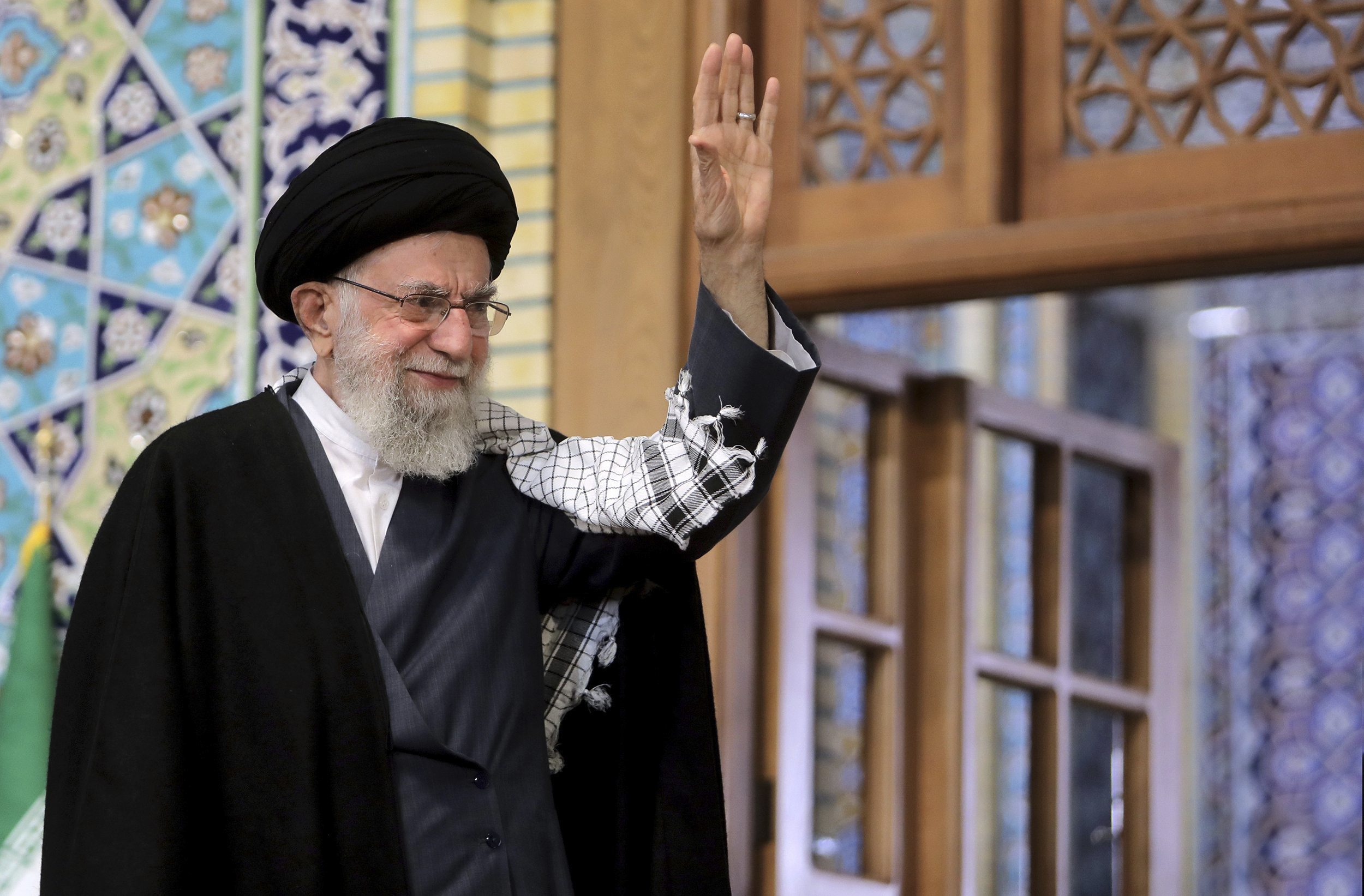
Iran and Saudi Arabia’s agreement to restore diplomatic relations is a major development at the regional and global levels. The deal was signed following meetings in Beijing between the secretary of Iran’s Supreme National Security Council, Admiral Ali Shamkhani, and Saudi Arabia’s national security advisor and minister of state, Musaad bin Mohammed Al Aiban. The Chinese-brokered deal may transform Iran’s relations with Saudi Arabia and the Gulf Arab states more broadly and have implications for the positions of China and the United States in the region. Further, it sheds light on who really directs Iran’s foreign policy.
Notably, the recent diplomatic initiative was not led by Iran’s Foreign Ministry. Shamkhani’s leading role in the talks was scrutinized inside and outside Iran, with many interpreting it as a sign of weakness on the part of Iranian Minister of Foreign Affairs Hossein Amir-Abdollahian. The foreign minister responded to such suggestions on Twitter, claiming that Shamkhani was joined by Foreign Ministry officials and that because Iran’s foreign policy is coordinated internally and supervised by the president, Shamkhani’s involvement in the talks should not be seen as evidence of “discord” within the system.
Shamkhani’s participation in the diplomatic process may well have been in response to a request from Riyadh. As former Iranian Foreign Minister Mohammad Javad Zarif noted in a leaked tape, during the administration of President Hassan Rouhani, Iranian foreign policy decision making was understood to be split between “diplomacy” and the “military field.” While the foreign minister was the official figure involved in diplomatic engagements, the late Major General Qassim Suleimani, the chief of the Islamic Revolutionary Guard Corps Quds Force, held significant sway over Iran’s foreign policy strategy and diplomatic efforts across the region. As Zarif admitted, diplomacy was sometimes “sacrificed” for gains on the battlefield. Indeed, officials throughout the Middle East understood this dual-track system, with the general assumption that, while the Foreign Ministry was involved in high-level diplomacy, negotiations were futile without the approval of other decision makers. Suleimani, who was thought to be very close to Supreme Leader Ayatollah Ali Khamenei, was known as a key player in the formation of Iranian foreign policy. Therefore, Shamkhani’s involvement in the recent negotiations with Saudi Arabia may have been in response to the assumption of Saudi leaders that he would be better positioned than the Foreign Ministry to cut a lasting deal. Additionally, his presence in Beijing may have been intended to assure Riyadh that the agreement would be honored.
Shamkhani’s role in the Iranian-Saudi talks is a strong indication of Khamenei’s direct influence over Iran’s foreign policy decision making. Despite the regime’s efforts to portray the Supreme National Security Council as a consensus-building mechanism that brings together representatives from a range of institutions, it has been used by Khamenei as a tool to consolidate power and influence over all aspects of Iranian policy. Established in 1989 through a constitutional amendment, the Supreme National Security Council is comprised of the president; the speaker of parliament; the head of the judiciary; the head of the Organization for Budget and Planning; two members directly appointed by the supreme leader; the ministers of foreign affairs, intelligence, and defense; and the commander in chief of the army. The council might appear widely representative of the Iranian political system, however, most of the council’s members are appointed, directly or indirectly, by the supreme leader. According to the Iranian Constitution, the supreme leader is also the commander in chief, giving him authority over all senior military appointments, and is responsible for selecting the head of the judiciary. Other officials, such as the ministers of defense and intelligence and the speaker of parliament, are informally vetted by the supreme leader before being appointed. Moreover, under Article 176 of the constitution, the Supreme National Security Council’s decisions can only be implemented upon approval from the supreme leader. Therefore, involvement of Shamkhani, the secretary of the council, indicates direct involvement of Khamenei in the Iranian-Saudi negotiations.
A new geostrategic structure is being formed around China’s rising influence in a region that has historically been dominated by the United States. This structure fits within the worldview of Iran’s supreme leader. The regime’s official discourse, which is shaped and promoted by Khamenei, is rooted in the prospect of the decline of the West, particularly the United States, and a new world order. As such, the regime now sees an opportunity to take on stronger regional and global roles, which it believes can be achieved by collaborating with the United States’ rivals. As showcased by Shamkhani’s leading role in the Beijing negotiations, Khamenei’s involvement in Iran’s foreign policy decision making and the influence of his worldview will likely become more visible. Although Khamenei’s old age may not allow him to remain in power for long, he is keen on building a legacy that will outlive his time as Iran’s supreme leader.
The views represented herein are the author's or speaker's own and do not necessarily reflect the views of AGSI, its staff, or its board of directors.


